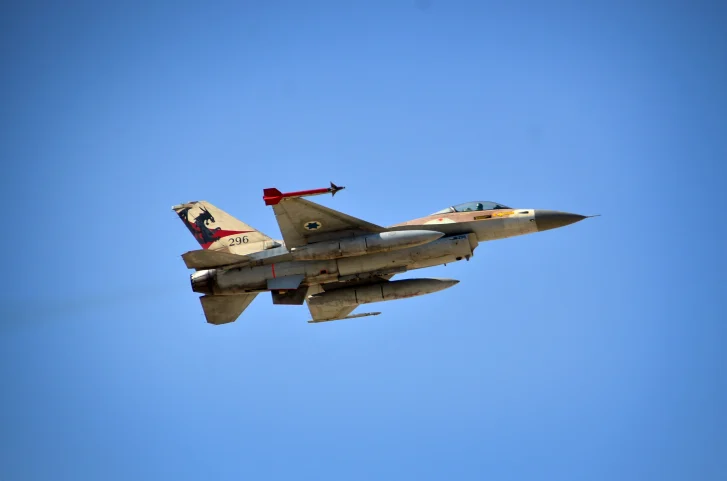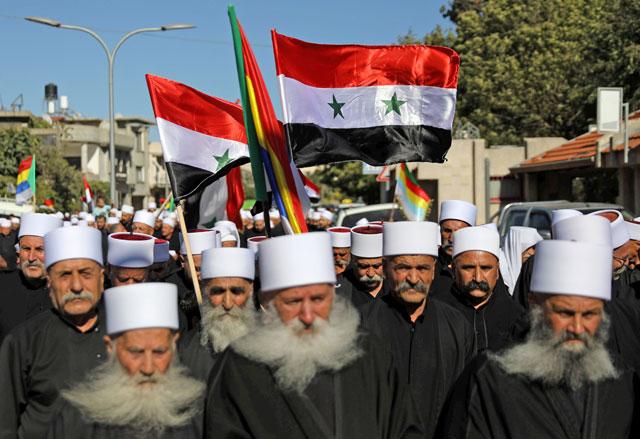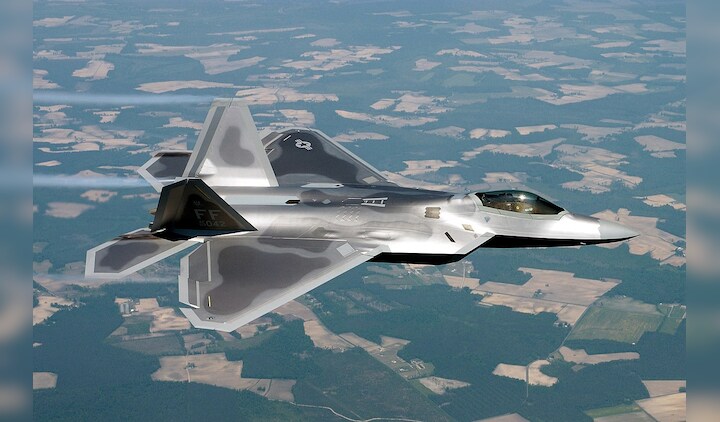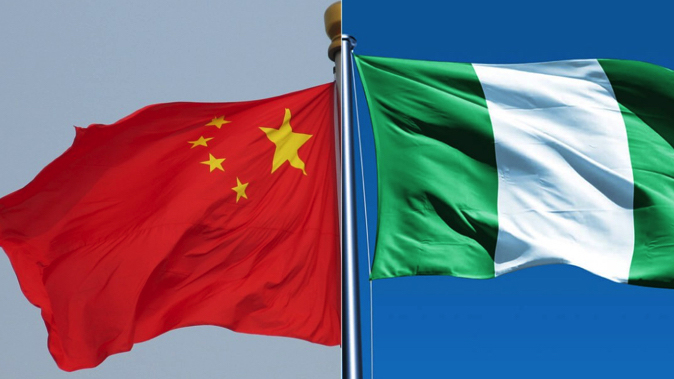
Israeli warplanes bombed an area near Syria’s presidential palace early Friday, delivering its strongest warning yet to the country’s new Islamist-led government amid rising tensions over the fate of Syria’s Druze minority.
The Syrian government condemned the strike as a “dangerous escalation,” marking a sharp deterioration in relations between the two neighbors. Israel has intensified military operations in Syria since rebels ousted longtime leader Bashar al-Assad in December, conducting airstrikes across the country and deploying ground forces near the southwestern border.
The Israeli military confirmed targeting an area “adjacent” to interim President Ahmed al-Sharaa’s palace in Damascus but provided no further details. There were no immediate reports of casualties. A Syrian official told Reuters the strike hit about 100 meters (330 feet) from the palace perimeter.
Prime Minister Benjamin Netanyahu and Defense Minister Israel Katz issued a joint statement calling the strike “a clear message to the Syrian regime: We will not allow (Syrian) forces to deploy south of Damascus or any threat to the Druze community.”
Druze Tensions at Center of Conflict
Israel has framed its recent military actions as necessary to protect Syria’s Druze minority, an offshoot of Islam with followers in Syria, Lebanon, and Israel. The strike followed days of sectarian clashes between Sunni Muslim and Druze gunmen near Damascus, sparked by an alleged insult to the Prophet Mohammed in a voice recording. The violence left more than two dozen dead and prompted an earlier Israeli “warning strike” that killed a Syrian security forces member.
The Israeli military said it had deployed troops in southern Syria to prevent hostile forces from approaching Druze villages and evacuated five wounded Syrian Druze citizens for treatment in Israel.
Syria’s Foreign Ministry dismissed Israel’s claims of protecting the Druze, with spokesperson Razan Saffour accusing Israel of hypocrisy. “Israel doesn’t want peace. Nor does it care for the groups it purportedly protects by bombing others,” she wrote on X, noting that Israel had never targeted the presidential palace under Assad’s rule.

Druze Reject Outside Intervention
As clashes spread to the predominantly Druze province of Sweida, local leaders and Syrian officials held emergency talks to defuse tensions. In a statement, Druze representatives rejected any foreign interference, declaring, “Syria is our mother nation, we do not have an alternative country.”
Sheikh Laith al-Balous, a prominent Druze leader, told Syria TV: “We don’t need anyone’s protection.”
Despite this, some Druze in Israel—including those serving in the military—have pressured Netanyahu to intervene, with a group claiming “hundreds of fighters” were ready to assist their Syrian counterparts.
Broader Regional Unrest
The violence adds to the challenges facing Sharaa, a former al-Qaeda affiliate who has vowed to reunify Syria’s fractured security forces. However, recent sectarian bloodshed, including the massacre of hundreds of pro-Assad Alawites in March, has deepened fears among minorities about the new Islamist-dominated leadership.
With Syrian security forces now patrolling flashpoint areas and fragile truces in place, the risk of further escalation remains high—both between Syria’s warring factions and with an increasingly assertive Israel.






More Stories
EPIC FURY: U.S., Israel Strike Iran; Khamenei Reportedly Killed
China Articulates a Global South Vision for Fairer Governance
China Deepens Economic Footprint in Nigeria as Bilateral Trade Nears $22 Billion